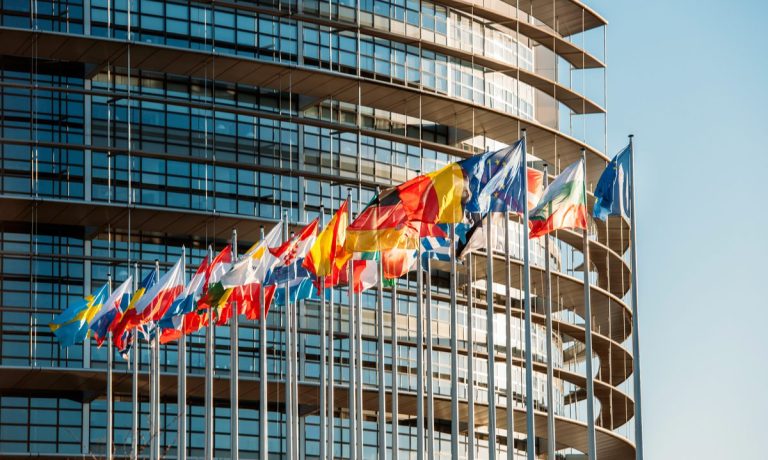European Executives Say Proposed AI Rules Could Stifle Opportunities

Executives of European companies say regulation could stifle the opportunities presented by artificial intelligence (AI).
Leaders from engineering firm Siemens, brewer Heineken, carmaker Renault and dozens of other large European companies from a broad range of industries said in a letter that “the result would be a critical productivity gap,” the Wall Street Journal (WSJ) reported Friday.
The rules around AI that have been drafted by European regulators would require companies to prevent their AI models from creating illegal content, reveal the copyrighted data used to train their models, disclose when content has been generated by AI, and limit their biometric surveillance, according to the report.
The regulators — including those from the European Commission (EC), the European Parliament and member states — hope to agree on new rules by the end of the year, the report said.
The executives said in their letter that the proposed rules include disproportionate compliance costs, disproportionate liability risks, and a threat to the companies and capital that are developing AI in Europe, per the report.
“Such regulation could lead to highly innovative companies moving their activities abroad,” the executives said, according to the report.
In separate efforts, members of the tech industry have also lobbied for changes to the European regulators’ draft rules.
ChatGPT creator OpenAI lobbied for — and got — changes to the EU’s AI legislation, succeeding in its efforts to alter “significant elements” of the AI Act and reducing the regulatory burdens the company would have faced, Time reported June 20.
The company successfully argued that its general-purpose AI systems should not be included in the “high risk” category of use cases, which are subject to stringent legal requirements, and that there should be a separate category for “foundation models” that would be subject to fewer requirements, according to the report.
The results of these and other lobbying efforts around the AI Act could have implications far beyond Europe.
The European Union (EU) has moved faster than the United States or China in developing AI regulation that adheres to the rights-driven approach popularized by its existing tech-focused digital regulation, PYMNTS reported Thursday (June 29).
In what is known as the “Brussels Effect,” tech companies frequently globalize their adherence to EU regulations across most of their businesses around the world to standardize their operations.